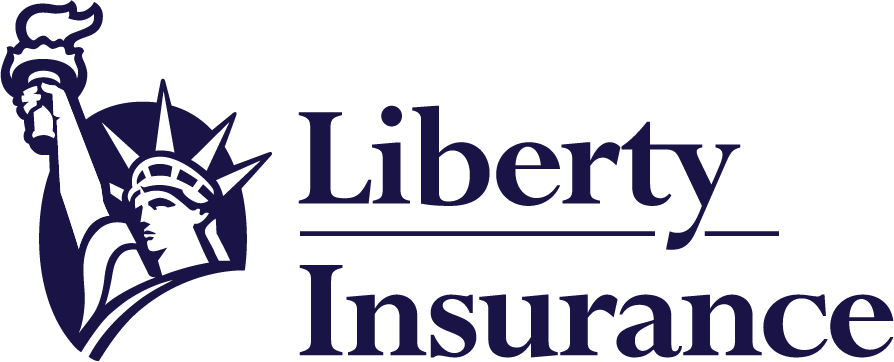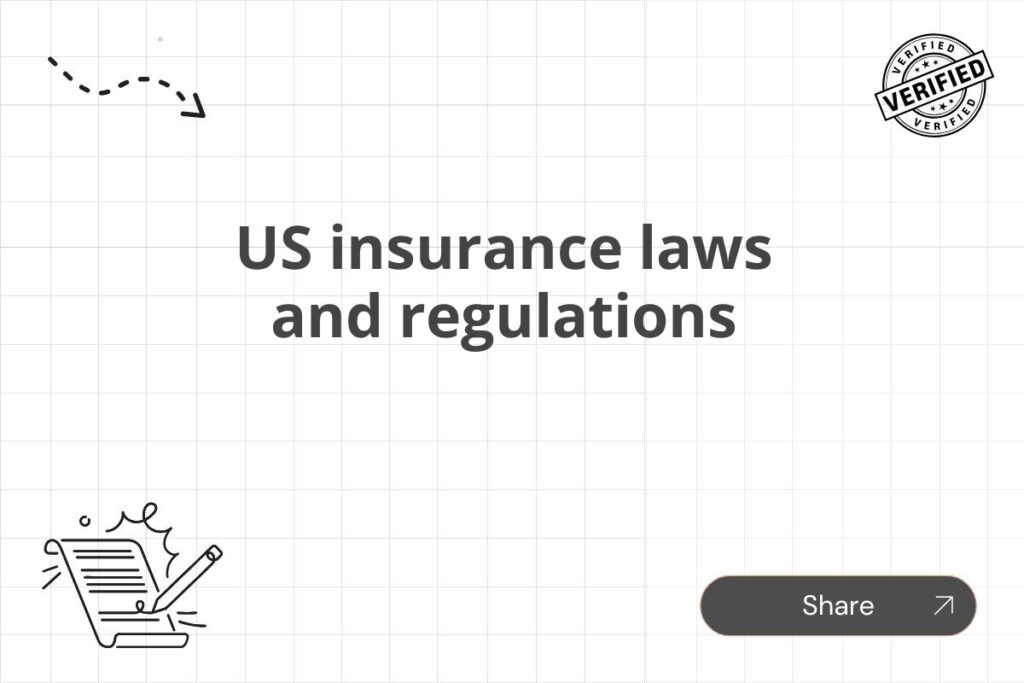Meta Description: Navigate the complex landscape of US insurance laws and regulations. This comprehensive guide covers state and federal regulations, licensing requirements, compliance, and consumer protection, ensuring you’re well-informed about the industry’s legal framework.
The United States insurance industry is a vast and complex sector, governed by a multifaceted system of federal and state laws and regulations. Understanding these laws is crucial for insurers, agents, brokers, and consumers alike. This article provides a comprehensive overview of US insurance laws and regulations, covering key aspects that impact the industry’s operation and the rights of policyholders.
Federal Regulation of Insurance
While insurance is primarily regulated at the state level, the federal government plays a significant role in shaping the industry’s landscape. The primary federal regulatory body is the McCarran-Ferguson Act of 1945. This act generally exempts the insurance industry from federal antitrust laws, allowing states to maintain primary regulatory authority. However, this exemption is not absolute and federal laws can still apply in certain circumstances, such as those involving fraud or interstate commerce.
Key Federal Laws and Agencies
- McCarran-Ferguson Act (1945): This act grants states the primary authority to regulate insurance, but allows for federal intervention in specific situations.
- Federal Trade Commission (FTC): The FTC enforces federal antitrust laws and consumer protection laws that may impact the insurance industry, focusing on unfair or deceptive practices.
- Department of Justice (DOJ): The DOJ can intervene in cases involving violations of federal antitrust laws or criminal activity within the insurance sector.
- National Association of Insurance Commissioners (NAIC): While not a federal agency, the NAIC is a significant organization that promotes uniformity in state insurance regulations. They develop model laws and regulations that states can adopt.
- Financial Stability Oversight Council (FSOC): Created in the wake of the 2008 financial crisis, the FSOC identifies and addresses systemic risks in the financial system, including those posed by large insurers.
State Regulation of Insurance
Each state maintains its own insurance department, responsible for licensing insurers, regulating insurance products, enforcing compliance with state laws, and protecting consumers. This state-based system leads to significant variations in insurance laws and regulations across different states. This can make it challenging for insurers operating in multiple states and for consumers comparing insurance products from different providers.
Key Aspects of State Insurance Regulation
- Licensing and Registration: Insurers must obtain licenses from each state in which they wish to operate. Agents and brokers also require state licenses.
- Product Approval: Insurance products, including policies and endorsements, must be approved by the state insurance department before they can be sold.
- Rate Regulation: States may regulate the rates that insurers can charge for insurance policies, either through a system of prior approval, file-and-use, or open competition.
- Solvency Surveillance: State insurance departments monitor the financial stability of insurers to ensure they can meet their obligations to policyholders.
- Consumer Protection: States have laws and regulations designed to protect consumers from unfair or deceptive insurance practices, including provisions for dispute resolution and consumer complaints.
Types of Insurance and Specific Regulations
Different types of insurance are subject to specific regulatory requirements. For example, health insurance is heavily regulated under the Affordable Care Act (ACA), while life insurance is subject to specific rules regarding policy disclosures and suitability.
Examples of Specific Insurance Regulations
- Health Insurance: The ACA introduced significant changes to health insurance, including mandates for coverage, regulations on pre-existing conditions, and the creation of health insurance exchanges.
- Auto Insurance: States typically mandate minimum levels of auto insurance coverage, and regulations vary concerning uninsured/underinsured motorist coverage.
- Homeowners Insurance: Regulations often cover policy disclosures, flood insurance requirements, and anti-redlining measures.
- Life Insurance: Strict rules govern policy disclosures, suitability requirements, and the use of insurance products for tax purposes.
- Workers’ Compensation Insurance: This type of insurance is heavily regulated to ensure employers provide adequate coverage for workplace injuries and illnesses.
Compliance and Enforcement
Insurers must comply with all applicable federal and state laws and regulations. Failure to comply can result in significant penalties, including fines, license revocation, and legal action. State insurance departments actively monitor insurer compliance and investigate complaints from consumers.
Enforcement Mechanisms
- Audits and Examinations: State insurance departments conduct regular audits and examinations of insurers to assess their compliance with state laws.
- Investigations and Enforcement Actions: Investigations are launched in response to consumer complaints or suspected violations of law. Enforcement actions can include fines, cease-and-desist orders, and license revocation.
- Legal Action: In serious cases, state insurance departments or private individuals may file lawsuits against insurers for violations of insurance laws.
Consumer Protection
A significant aspect of US insurance laws and regulations is consumer protection. Laws are in place to prevent unfair or deceptive insurance practices, to ensure fair claims handling, and to provide consumers with access to information about insurance products.
Consumer Rights
- Right to Fair Claims Handling: Insurers must handle claims fairly and promptly.
- Right to Information: Consumers have a right to receive clear and accurate information about insurance products.
- Right to Dispute Resolution: Mechanisms exist to resolve disputes between consumers and insurers, including mediation and arbitration.
- Access to the State Insurance Department: Consumers can file complaints with their state insurance department.
The landscape of US insurance laws and regulations is constantly evolving. Staying informed about changes in the law is crucial for all stakeholders in the insurance industry. This overview provides a foundational understanding, but consulting with legal professionals is recommended for specific advice related to insurance regulation.






















